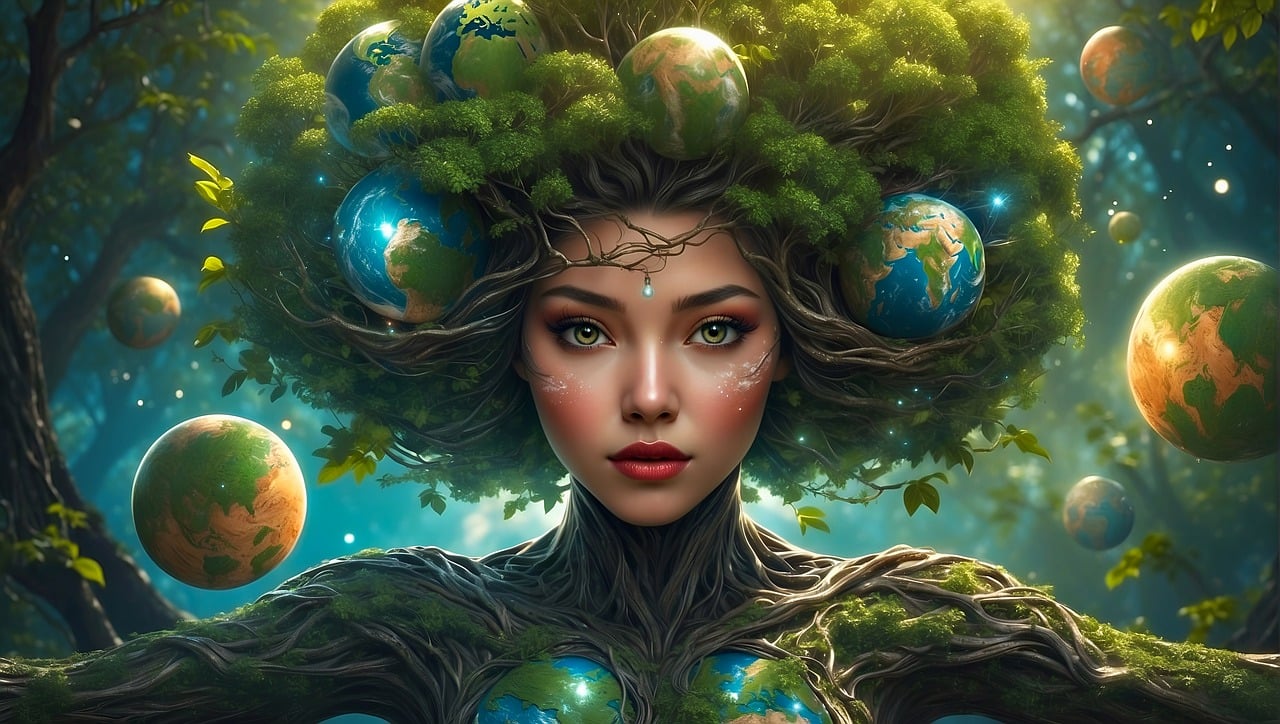
From Suffragettes to Shattering Glass Ceilings: Celebrating International Women's Day, Then and Now International Women's Day marks a global celebration of women's achievements while highlighting the ongoing fight for gender equality. This annual event has a rich history dating back to the early 1900s when suffragettes demanded voting rights and better working conditions. Today, we honor the progress made since then, while recognizing the challenges that still persist. The evolution of International Women's Day mirrors the changing roles and aspirations of women throughout history. It's a time to reflect on the remarkable achievements of trailblazing women who smashed through barriers and ceiling limitations. From suffragettes to female pioneers in politics, business, and the arts, their legacy inspires us to continue pushing for progress. In this article, we delve into the significance of International Women's Day and how it is celebrated now compared to the past. We explore the milestones achieved, the achievements of remarkable women, and the work still needed to achieve gender equality.
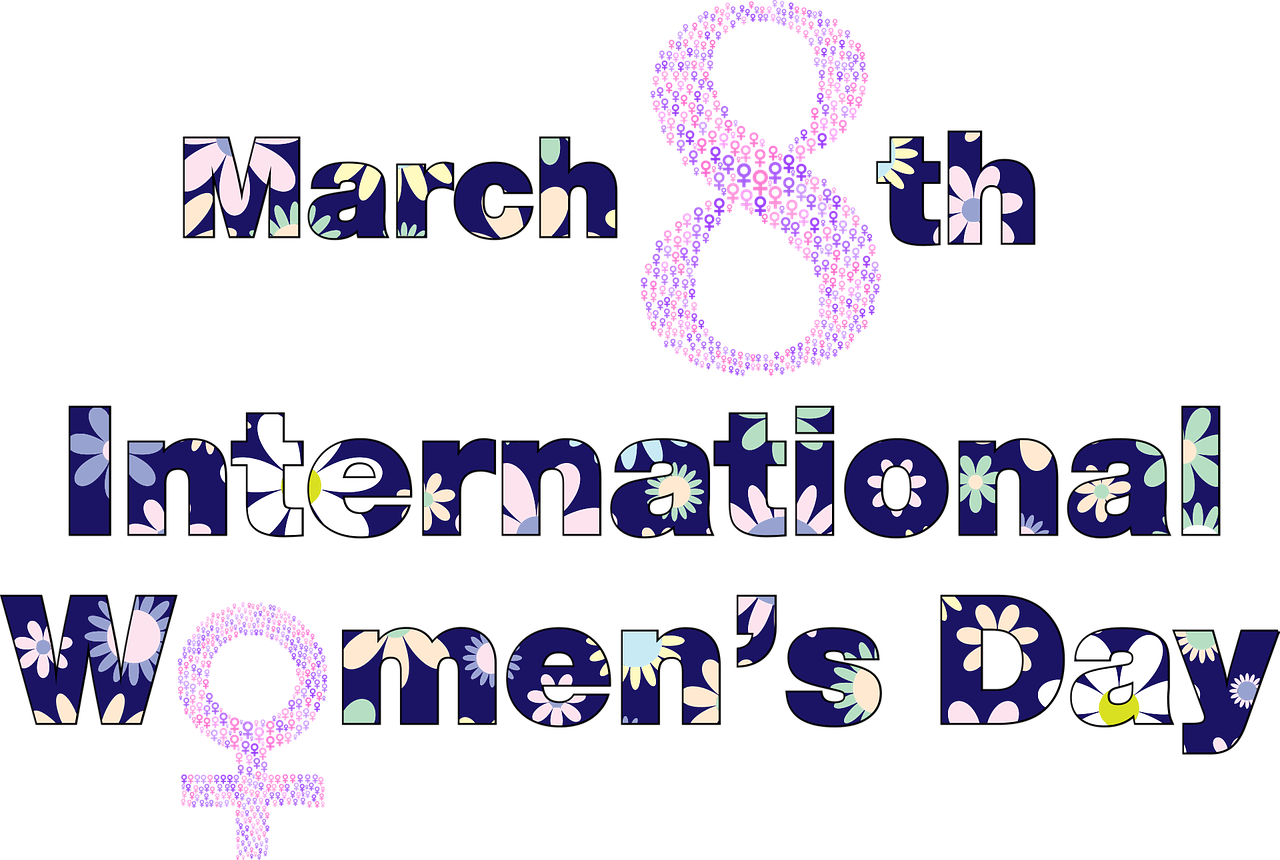
Join us on this journey as we celebrate the remarkable women who shaped history and those who continue to break barriers today.
From Suffragettes to Shattering Glass Ceilings: Celebrating International Women's Day, Then and Now
Introduction
International Women's Day marks a global celebration of women's achievements while highlighting the ongoing fight for gender equality. This annual event has a rich history dating back to the early 1900s when suffragettes demanded voting rights and better working conditions. Today, we honor the progress made since then, while recognizing the challenges that still persist.
The evolution of International Women's Day mirrors the changing roles and aspirations of women throughout history. It's a time to reflect on the remarkable achievements of trailblazing women who smashed through barriers and ceiling limitations. From suffragettes to female pioneers in politics, business, and the arts, their legacy inspires us to continue pushing for progress.
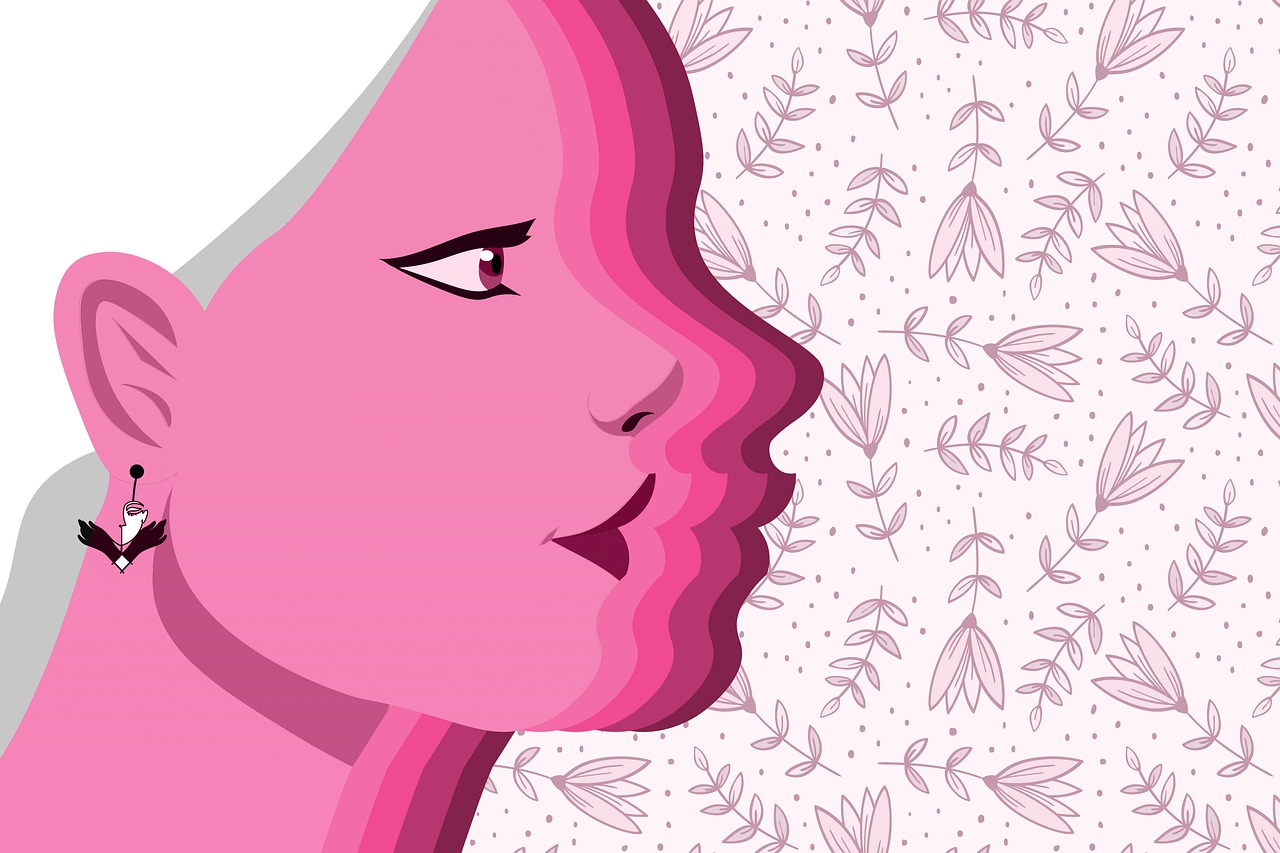
In this article, we delve into the significance of International Women's Day and how it is celebrated now compared to the past. We explore the milestones achieved, the achievements of remarkable women, and the work still needed to achieve gender equality. Join us on this journey as we celebrate the remarkable women who shaped history and those who continue to break barriers today.
The history of International Women's Day
International Women's Day has a rich and inspiring history that dates back over a century. The idea for a day dedicated to women's rights and achievements was first proposed in the early 1900s, a time when women's rights were severely limited. In 1908, 15,000 women marched through New York City demanding shorter hours, better pay, and voting rights. This marked the first Women's Day observance in the United States.
The following year, in 1909, the first National Woman's Day was observed in the United States on February 28th.
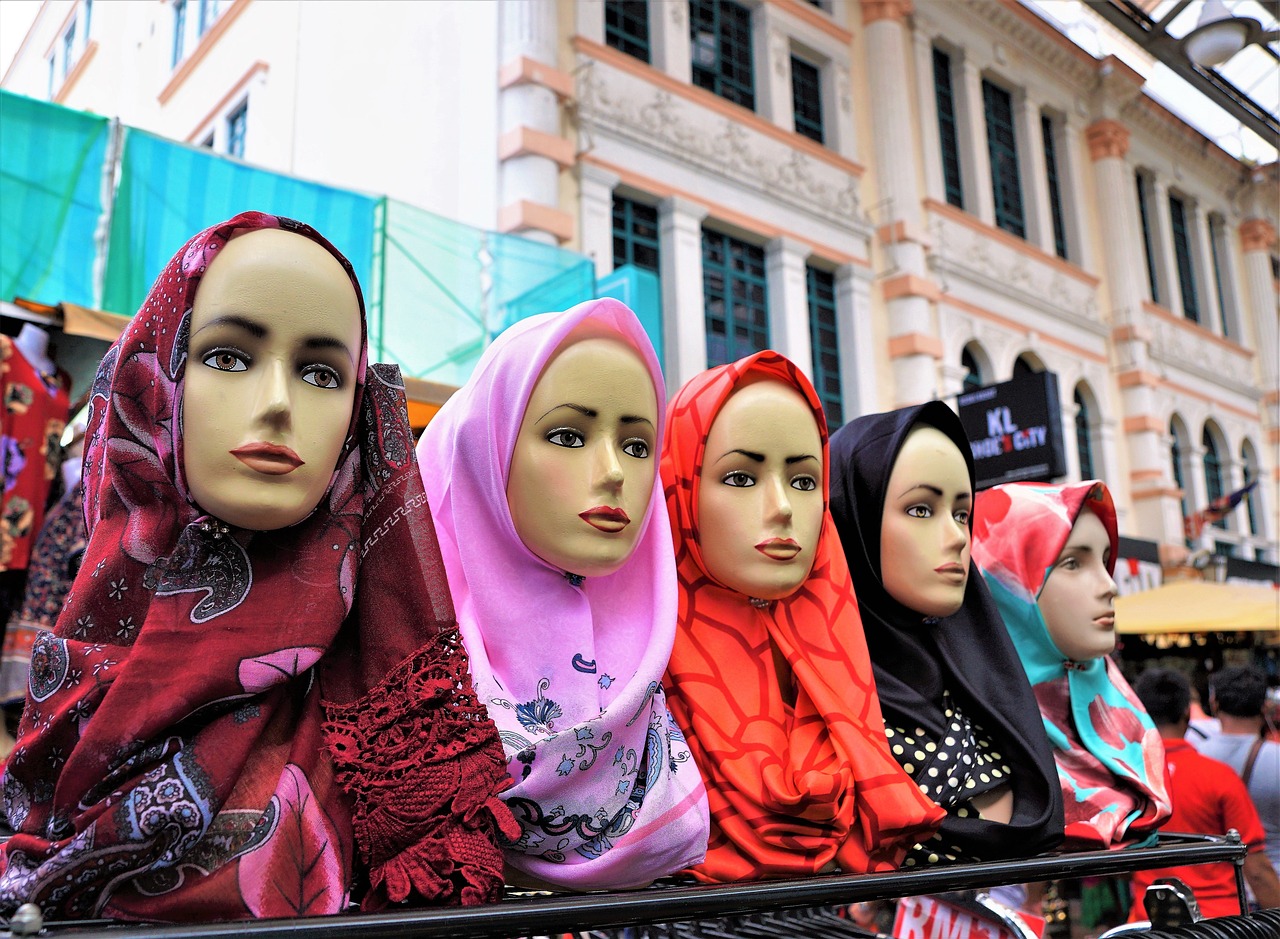
This day was chosen to honor the strike of the International Ladies' Garment Workers' Union, where female workers protested against poor working conditions. Inspired by these events, the idea of an international Women's Day began to take shape.
In 1910, an International Women's Conference was held in Copenhagen, Denmark, where a proposal to establish an annual Women's Day was unanimously approved by over 100 women from 17 countries. The first International Women's Day was celebrated on March 19, 1911, with rallies and demonstrations demanding women's rights, including the right to vote.
Since then, International Women's Day has grown into a global movement, celebrated on March 8th each year. It has become a platform to raise awareness about gender equality, women's rights, and the achievements of women worldwide. Today, it serves as a reminder of the progress made and the work that still needs to be done.
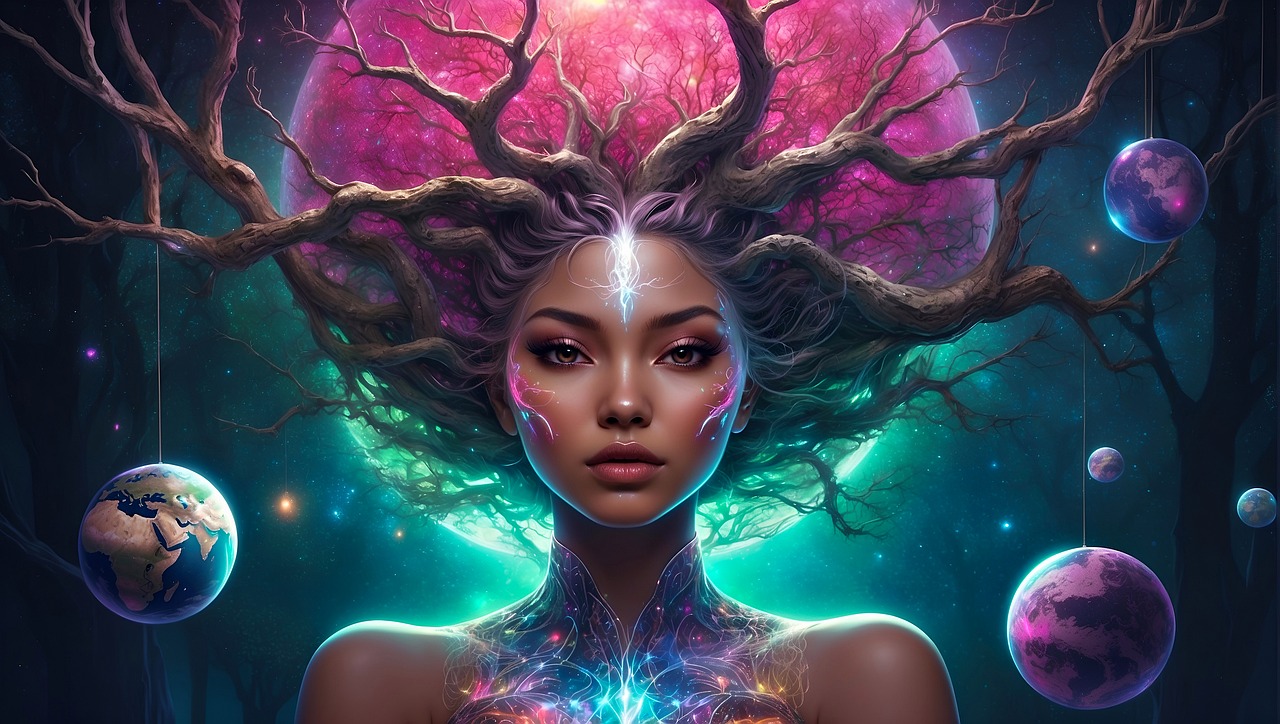
The significance of International Women's Day today
International Women's Day is more than just a day of celebration; it is a call to action. It serves as a reminder that gender equality is not yet a reality and that there is still work to be done to achieve it. It is a day to amplify the voices of women, to recognize their achievements, and to push for change.
One of the significant achievements of International Women's Day is the spotlight it shines on women's rights issues and the progress made over the years. It provides a platform for discussions on gender equality, women's empowerment, and the challenges women face in various aspects of life. It encourages individuals, organizations, and governments to take concrete actions to promote gender equality and ensure the rights and well-being of women and girls.
International Women's Day also serves as an opportunity to celebrate and honor the achievements of remarkable women who have broken barriers and shattered glass ceilings.
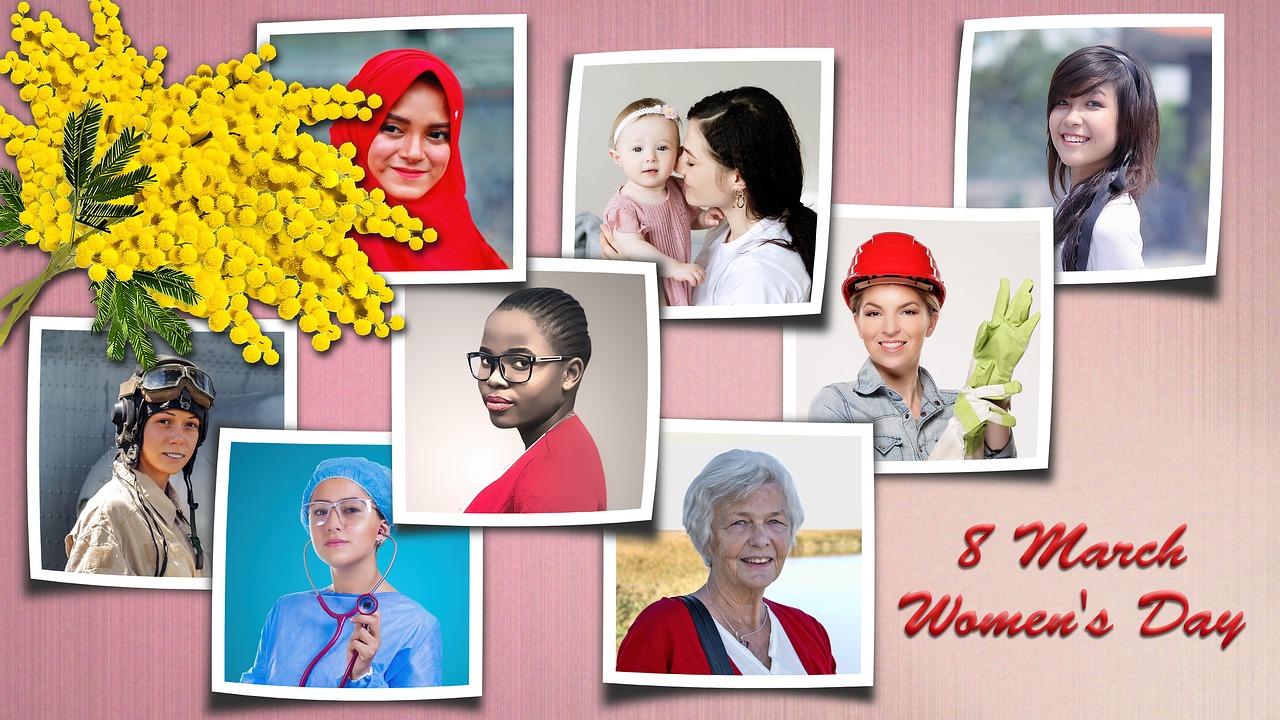
From political leaders and activists to scientists, artists, and entrepreneurs, women have made significant contributions to society in every field. Their hard work, perseverance, and determination have paved the way for future generations of women to strive for success and equal opportunities.
Women's achievements throughout history
Throughout history, women have made remarkable achievements despite facing immense challenges and discrimination. From ancient times to the present day, women have contributed to every aspect of society, often in the face of significant resistance and prejudice.
In ancient civilizations such as Egypt, Greece, and Rome, women played crucial roles in politics, religion, and the arts. Cleopatra, for example, was a powerful queen who ruled Egypt and was known for her intelligence and diplomacy. In ancient Greece, women such as Sappho, a poet, and Hypatia, a mathematician and philosopher, made significant contributions to their respective fields.
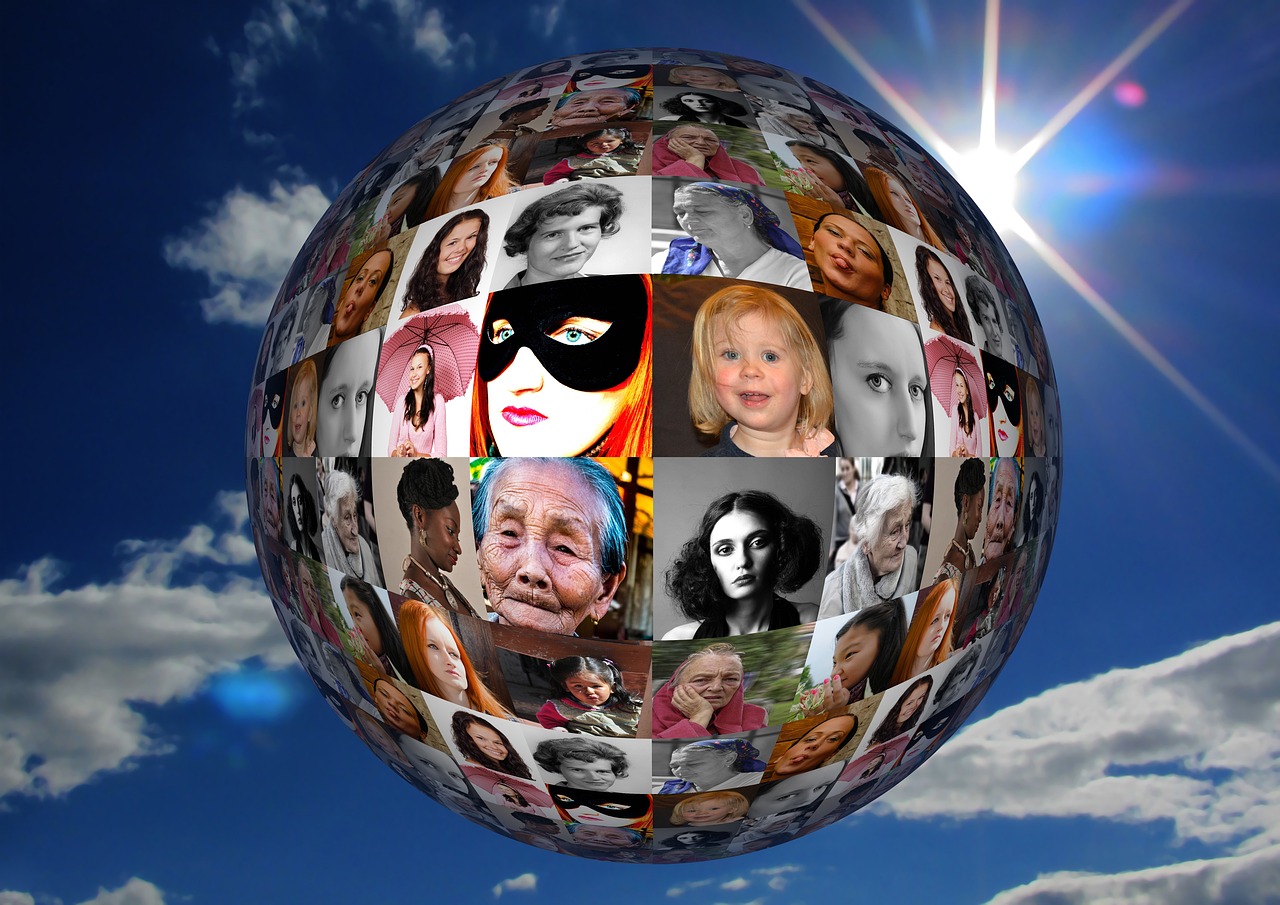
During the Renaissance period, women like Artemisia Gentileschi, Sofonisba Anguissola, and Lavinia Fontana defied societal expectations and became successful painters. Their talent and determination challenged the notion that women were incapable of creating significant works of art.
The suffragette movement in the late 19th and early 20th centuries marked a pivotal moment in women's history. Activists such as Emmeline Pankhurst, Susan B. Anthony, and Elizabeth Cady Stanton fought tirelessly for women's right to vote. Their efforts led to significant milestones, with New Zealand becoming the first self-governing country to grant women the right to vote in 1893.
In the 20th century, women continued to break barriers and excel in various fields. Amelia Earhart became the first female aviator to fly solo across the Atlantic Ocean, inspiring women around the world to pursue their dreams fearlessly. Rosa Parks, an African American woman, sparked the civil rights movement in the United States by refusing to give up her bus seat to a white passenger.

Women's rights movements around the world
The fight for women's rights and gender equality is not confined to one country or region; it is a global movement that transcends borders. Women around the world have come together to demand equal rights, equal opportunities, and an end to gender-based violence and discrimination.
In the Middle East, women have been at the forefront of movements advocating for change. In Saudi Arabia, women fought for years to gain the right to drive, a milestone achieved in 2018. In Iran, women have been pushing for an end to mandatory hijab laws and demanding greater freedoms.
In India, the women's rights movement has gained significant momentum in recent years. Activists and organizations have been working tirelessly to address issues such as gender-based violence, child marriage, and access to education. The movement gained international attention with the #MeToo movement, which led to a wave of women speaking out against sexual harassment and assault.

In Africa, women have played a crucial role in advocating for peace and social justice. The Women's Peace and Security agenda, adopted by the United Nations Security Council in 2000, recognizes the importance of women's participation in conflict resolution and peacebuilding. Women in countries such as Liberia, Rwanda, and South Africa have been instrumental in bringing about positive change in their communities and countries.
Intersectionality and inclusivity in the women's movement
As the women's movement continues to evolve, there is a growing recognition of the importance of intersectionality and inclusivity. Intersectionality acknowledges that women's experiences are shaped by multiple identities, such as race, ethnicity, class, religion, and sexual orientation. It emphasizes the need to address the unique challenges faced by women who belong to marginalized groups.
Inclusivity is about ensuring that all women have a seat at the table and that their voices are heard.
It means recognizing and valuing the diverse experiences, perspectives, and contributions of women from all backgrounds. Inclusive feminism aims to dismantle systems of oppression and create a more equitable society for all.
Intersectionality and inclusivity are vital to the success of the women's movement. By understanding and addressing the intersecting forms of discrimination faced by women, we can work towards a more inclusive and equal world.
Conclusion
International Women's Day is a time to celebrate the achievements of women throughout history and to reflect on the progress made towards gender equality. From the suffragettes who fought for women's right to vote to the women smashing glass ceilings in various fields today, their contributions have shaped history and inspired generations.
However, the fight for gender equality is far from over. There are still significant challenges to overcome, including the gender pay gap, violence against women, and underrepresentation in leadership roles.
International Women's Day serves as a reminder that we must continue to push for progress and work towards a future where all women can thrive.
As we celebrate International Women's Day, let's honor the trailblazers who came before us and support the women who are breaking barriers today. Together, we can create a more equitable and inclusive world for future generations of women.
 Add Row
Add Row  Add
Add 

Write A Comment